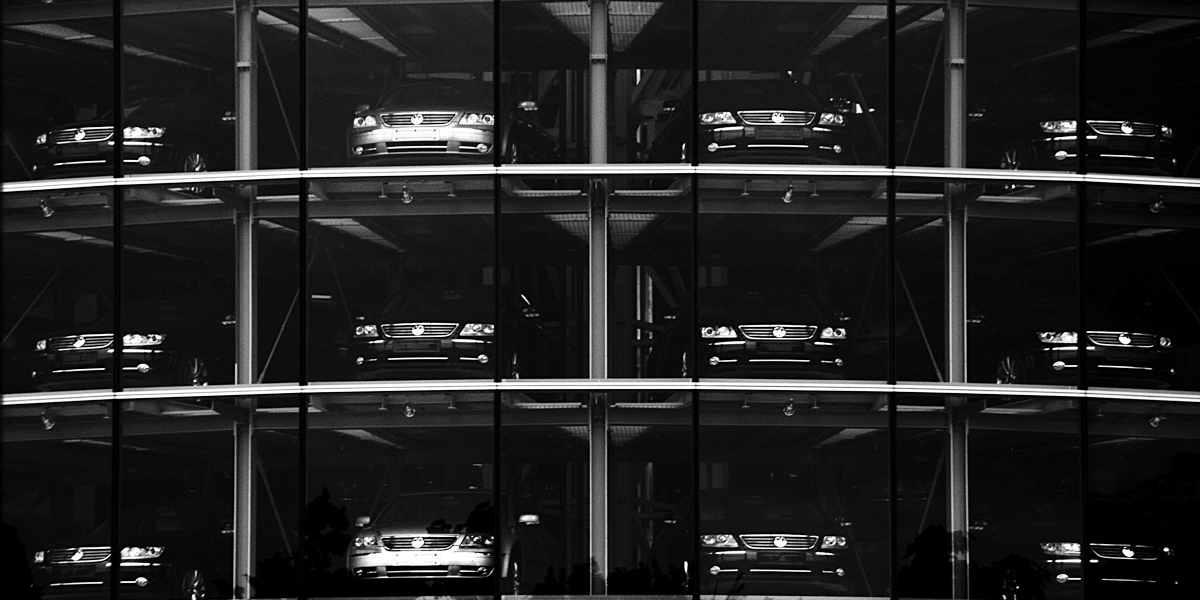Welcome to… The Foreign and Commonwealth Office
Last week, Nissan's chief operating officer, Toshiyuki Shiga, warned Britain against leaving the European Union. He claimed that our ongoing membership is 'very important' for foreign investors and highlighted the dramatic consequence of having to set up our own standards...
Last week, Nissan’s chief operating officer, Toshiyuki Shiga, warned Britain against leaving the European Union. He claimed that our ongoing membership is ‘very important’ for foreign investors and highlighted the dramatic consequence of having to set up our own standards and making our own regulations, should we leave the EU. Nissan has invested more than £125 million in its Sunderland factory, which employs some 6,100 workers. Why would we want it to leave and invest elsewhere?
Costs of living are spiralling. This is what I hear from working mothers at the school gate in the morning, struggling with the heinous bedroom tax or with the costs of childcare. And, within this context I think that Labour is right to focus on what matters, like pledging to freeze energy prices and providing families with the help they need with their kids so parents can go out and work.
But how does Europe fit in? This is the task Gareth Thomas MP will be facing, and I wish him all the best in his new role as Shadow Minister for Europe, replacing the wonderful Emma Reynolds MP.
First, Europe fits in because we are in it, not outside. There are many things we might not like about it – including the waste of money of having two seats, which our Labour MEPs voted against just a few days go – but we are part of it.
This means we benefit from being members of the largest single market in the world and from the possibility to negotiate with countries as a trading bloc, and not on our own. This makes us stronger, not weaker. Not least, many companies have chosen to operate in London because of its proximity to the eurozone and, in fact, we trade more euros in London than in Paris and Frankfurt together.
Second, we need to understand where the myths and fears about Europe come from.
I go on the doorstep week after week, and have hardly ever heard anyone mentioning Europe. Just occasionally, Europe comes up in the conversation, and often in relation to overcrowded schools or hospitals.
A political movement cannot shy away from talking about the world, and what part we play in it. And Ed Miliband in his speech at Labour party conference did in fact acknowledge the impact of globalisation and its effect on the lowest paid in our societies. Let’s be frank: globalisation has meant masses of people moving in search of jobs, finding themselves engaged in a sad race to the bottom of wages made possible by the easy use and disposal of migrant workers.
What people fear as the dramatic effect of immigration, is therefore, the consequence of unregulated globalisation and unfettered capitalism. This will be one of the challenges facing Gareth Thomas in the run up to 2015, but Europe can help: the proposal to tackle bankers’ bonuses, for example, goes exactly in that direction and it was rather embarrassing to see that the only EU leader opposing it was the British Chancellor.
The reality is that some of Cameron’s friends (and donors) would be quite happy to keep the status quo. The ones who are not even too bothered to keep energy prices down, or pay taxes in Britain. This is why the Tories want a Europe of less regulations, and envisage Britain as a workhouse on steroids with little rights and protection for workers.
But we don’t.
We are the party of labour and we know that in a globalised world we cannot compete on a race to the bottom. For this reason, we stand for Social Europe, and want to protect those employment and maternity rights enshrined in European legislation.
All across Europe, millions are pushed into poverty, as a recent report by the Red Cross showed. Crucial issues need to be tackled: but with 41% young people unemployed in Spain, we cannot say this is not our problem, as that is the consequence of a major shift in the global economy which has affected us too.
And if Britain can do better than this, Europe can too. But to do so, it needs more Labour MEPs in Brussels, and more Socialist and Democratic MEPs from the continent. Otherwise, we will continue to witness the rise in nationalism, social unrest and even more economic turmoil.
I hope that in his new role, Gareth will have the courage to make a very patriotic case for Britain in Europe. I’m glad to see that he has already spoken up for Europe, saying that instead of a referendum, “The priority should be economic stability, job creation and economic growth”. After all, if we want to change Britain to make it work for ordinary people by tackling the cost of living, we can do this in Europe too, standing together with our sister parties to show that there is alternative to a low paid economy where youth unemployment is just a collateral effect of globalisation, which conservative parties cannot be bothered to tackle.
